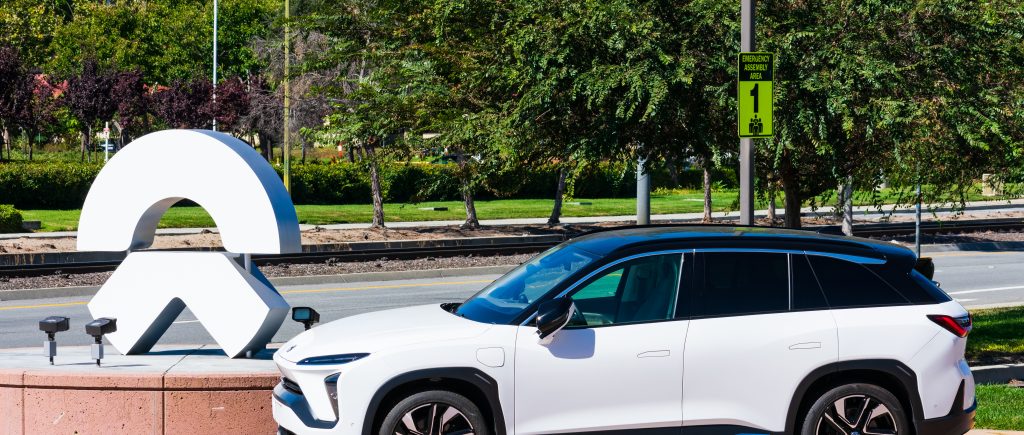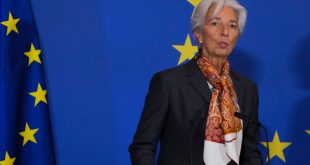Canada is considering imposing new import tariffs on electric vehicles from China. This move aligns with Canada’s efforts to secure a significant role in the global electric car supply chain. Deputy Prime Minister Chrystia Freeland cited concerns about China’s excess production of electric vehicles, which Canada argues creates unfair competition and harms the domestic auto industry.
To gather public input, Canada will launch a 30-day consultation process starting July 2nd. This public forum will allow for discussions on potential tariffs on Chinese electric vehicles. Deputy Prime Minister Chrystia Freeland expressed concerns that China is intentionally flooding the market with electric cars, creating unfair competition for global producers, including Canada.
The consultations aim to inform the Canadian government’s response, which could involve import tariffs. This aligns with similar actions taken by Canada’s allies in the United States and the European Union. Notably, the EU recently approved new tariffs on Chinese electric cars, prompting accusations from China of a potential trade war.
US President Joe Biden recently revealed a package of sharp increases in customs duties on some Chinese imports, including electric cars, and the European Commission plans to impose additional duties of up to 38.1 percent on Chinese producers such as BYD, Geely and BAIC. In addition to Chinese-made Tesla and BMW cars.
China rejected accusations against it of providing unfair support and subsidies to manufacturers and rejected allegations of excess production capacity, noting that the development of its electric car industry was the result of advantages in technology, market and industrial supply chains.
An opinion piece published in the Chinese state-backed Global Times newspaper called on Canada to be more strategically rational and not sacrifice normal, mutually beneficial economic exchanges with China to Washington’s strategically based selfishness.
Canadian tariffs on Chinese electric vehicles could undermine market confidence among Chinese investors, worsen bilateral relations, and hinder normal economic and trade cooperation.
Canada’s liberal government, led by Prime Minister Justin Trudeau, is under pressure to take action against Chinese electric vehicles to protect jobs. Ontario Premier Chrystia Freeland has also urged Ottawa to impose at least 100% tariffs on Chinese-made electric vehicles to protect jobs.
The Canadian government has signed multi-billion-dollar deals to attract companies involved in all parts of the electric vehicle supply chain to strengthen Ontario’s manufacturing hub.
Finance Minister Chrystia Freeland announced a 30-day consultation period to examine Beijing’s business practices in the electric vehicle sector. The consultations, which begin in July, will help the government formulate its response to Beijing. Freeland said Canada’s auto workers and auto sector face unfair competition from China’s deliberate, state-directed policy on excess capacity that undermines the ability of Canada’s electric vehicle sector to compete in domestic markets. And global.
It should be noted that the only electric cars made in China and imported to Canada, at the present time, are Tesla cars made in the American technology giant’s Shanghai factory. Under Section 53 of the Tariff Act, Freeland can, by virtue of its official powers, decide to impose a tax. Additional tariffs Public consultation and community dialogue will also consider adjusting federal incentives for zero-emission vehicles, such as a rebate of up to $5,000 available to Canadians who buy or lease an electric vehicle.
Freeland said China’s excess electric vehicle production capacity results from “very problematic labor standards and very problematic environmental standards.” She stressed that Canada attaches great importance to high labor standards, human rights standards, and environmental standards, and this will be a set of issues that it will carefully consider.
The consultation will also look into potential threats related to cybersecurity and data security and will consider potential restrictions on foreign investment. Critics of the Canadian position said the liberal government has “so far failed to protect Canadian auto workers” and has increased the cost of manufacturing.

 Noor Trends News, Technical Analysis, Educational Tools and Recommendations
Noor Trends News, Technical Analysis, Educational Tools and Recommendations




